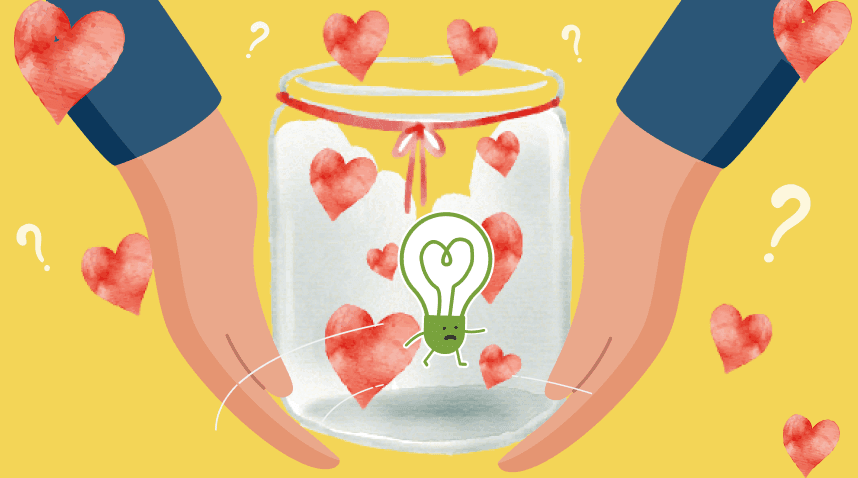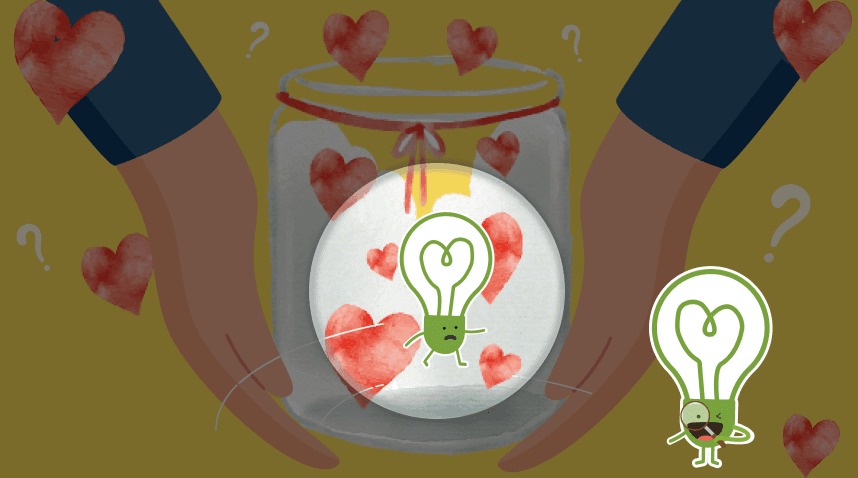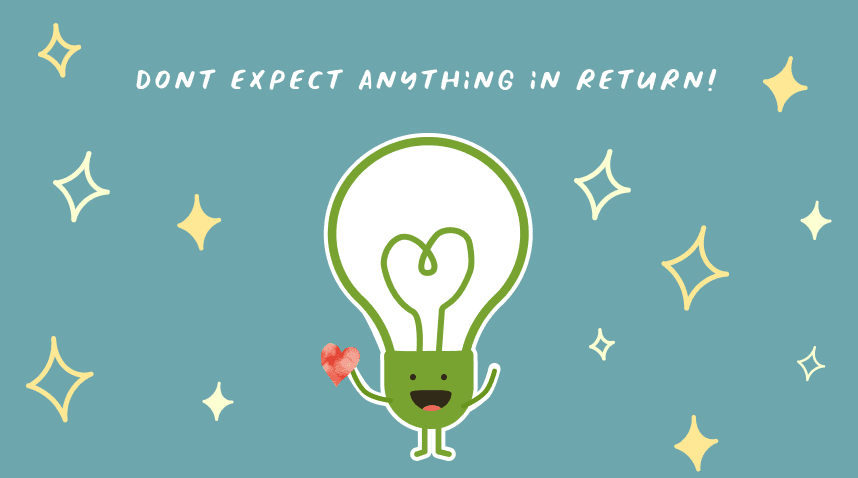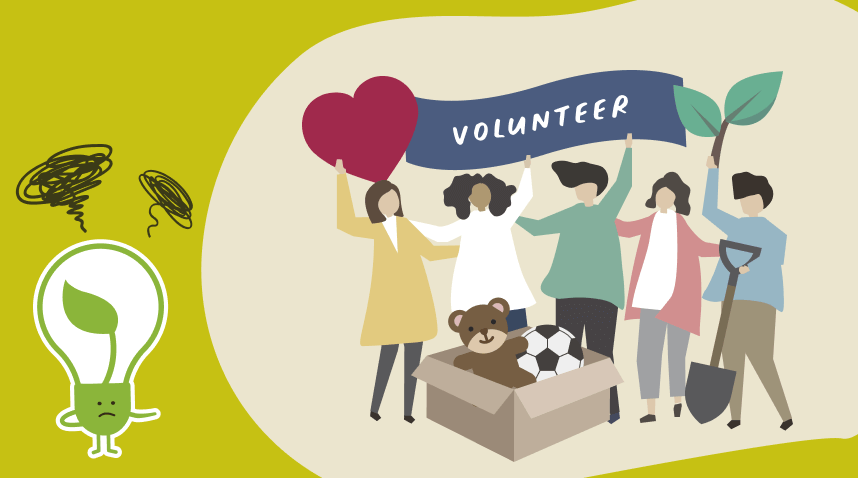TLDR: Being charitable is not just about giving money and help to the needy. Charity is a form of giving to those around us and it is not just about material help. So, what is the true meaning of giving?
Everyone in our world practices charity but many may not know they do. The type of charity we do is described in the Cambridge dictionary as “help, especially in the form of money given freely to people in need because they are ill, poor or have no home”. According to this meaning of charity, it is the form of giving money to those in need. We can say most of us in Asia give money to support our families in their times of difficulty or for general daily living expenses.
Although the word charity is often used as a form of helping those in financial need, I would like to expand the meaning of charity to include giving in ways other than financial help.
Charity as a Burden
I grew up in a poor family where my father has no sense of financial know-how. Money slips through my father’s hands easily and we never had more than enough other than for food and the rental HDB two-bedroom flat we lived in.
My mum fell ill and incurred high hospital bills. Her siblings had to chip in to help. And I must say the general atmosphere was unpleasant. It felt like there was blame on my father for his incapability to support a family and my relatives’ financial difficulties and perhaps some unwillingness in their help.
My mum passed away and I remembered all these sorrows, the importance of money and wanting to be free from all of it.
Yet there was this sense of responsibility in me that I had to chip in to pay for family expenses. I resented this Confucian society we live in where we have to be responsible even for irresponsible parents. I wished I had the freedom like those living in the West where they could go out and learn to be on their own without worrying about their parents as a young adult. I worshipped the Western ideals of freedom and liberty.
Volunteering at Charities

I found work to support myself and to give my dad some money. Also, the salary allowed me to half my home bills with my sister. Both of us went into the workforce early. Looking back, I realised there were little bills we had to pay for then. But the memory of my mum’s inadequate medical bills probably kept me going in a regular job. Also, even if I wanted to have the freedom to leave Singapore, I needed money.
Some people work for passion, some to support their families and others work because there’s nothing else to do. For me, it was a bit of passion and to give to my family.
Yet in my heart, I also wanted to give in other ways. So I volunteered at charity organizations. But my stint at these places never lasted, except for one year I made a vow to carry through with one organisation.
Although I wanted to give, I felt unhappy. I didn’t understand how to give then.
Now I understand I felt unhappy because my intention of giving was all about myself.
The Intention Behind Giving

When I gave to my family, I felt it was an obligation or a responsibility. When I gave my help to charities, I felt it could not satisfy my heart or bring me contentment.
Perhaps I expected to bring some relief to those I helped, but what I did couldn’t help lift their hearts.
I expected a thank you from my dad too for my giving, but I never did receive any.
It took me many years to realise that giving is not about fixing the other person’s problem or lifting their hearts at all. I did not see that years of carrying the sorrow of the existence of life did not lift my own heart even when others gave to me.
Charity is a Choice
I felt no happiness in giving or receiving. After I began my studies and practice in Buddhist mindfulness, I realised that it isn’t necessary to be a problem solver or to lift someone’s mind if they don’t wish to be happy despite my help. I learnt that giving to my family or others is not a responsibility but rather, it is a choice I made.
If it is a choice I have made, why was I unhappy with my choice? No one forced me to be responsible even if they may expect me to be.
I learnt that giving or helping someone is not about giving solutions. It is my willingness to make a choice to give my time and my happiness to others, even if they are unhappy or ungrateful.
I didn’t understand how to be happy by giving or helping. I realised many others did not see how being charitable can bring happiness.
How to Really Give?
To most people, giving their time means they are losing their precious time. Giving materially means giving what they have in excess, not something they may need.
True giving or charity is when we do not keep measuring our time or keep balancing the scale of what we have or do not have to give.
Of course, it also does not mean we give excessively, and not take care of our own basic needs.
To truly give is to be present fully with the other person, pay attention to what they say, and attend to their needs.
It may not be a big need, it can be small acts of kindness such as not correcting others’ mistakes by insisting we are right all the time.
Sometimes just being cheerful can infect others’ moods around us. Even if others aren’t in the best of moods, we need not let them affect us if we can be mindful enough.
How Being Charitable Can Bring Happiness?

How can we be happy by giving? The first thing to do is not to expect anything in return, not even a thank you. When we give, it is a choice we made and not others’ choice to be given.
They are free to receive the gift, whether it is our time, money or our kindness in whichever way they like and it should not affect us. Why? Because we have never asked them to receive when we decided to give. Therefore, they are free to reject the gift.
Only when we expect something in return do we react negatively to the receiver’s attitude. Without expectation, we can maintain the intention of giving happily in our hearts.
Also, when we give to another, we are sharing what we have. If it is happiness, we are sharing our happiness. If it is a material thing, we are also sharing what we have. The conflict in our world is caused by our possessiveness and continual measuring of what’s mine and what’s others – whether it is land, food, air or money.
When in fact, nothing truly belongs to us. If Mother Earth truly belongs to us, why does she not do our biding when we break certain laws of nature? How is it we cannot control earthquakes or make the weather pleasant so that it can produce as much food as possible?
One last thing about being habitually charitable is that it leaves a deep impression on our minds. Our memory of giving our compassion, understanding, time and even material things makes us happy. We may receive kindness from others for our giving, or not receive anything in return. But thinking of our own generosity and kindness lifts our own hearts in times of despair.
Wise Steps:
- When you make an intention to give, whether it is time or money, don’t waver by distracting yourself with other activities or start measuring the amount to give.
- Don’t judge, but pay attention to what others need by being present to them with your mind and body.
- Meaningful gifts come with love from your heart. When you give without paying attention, the receiver can feel your insincerity.


